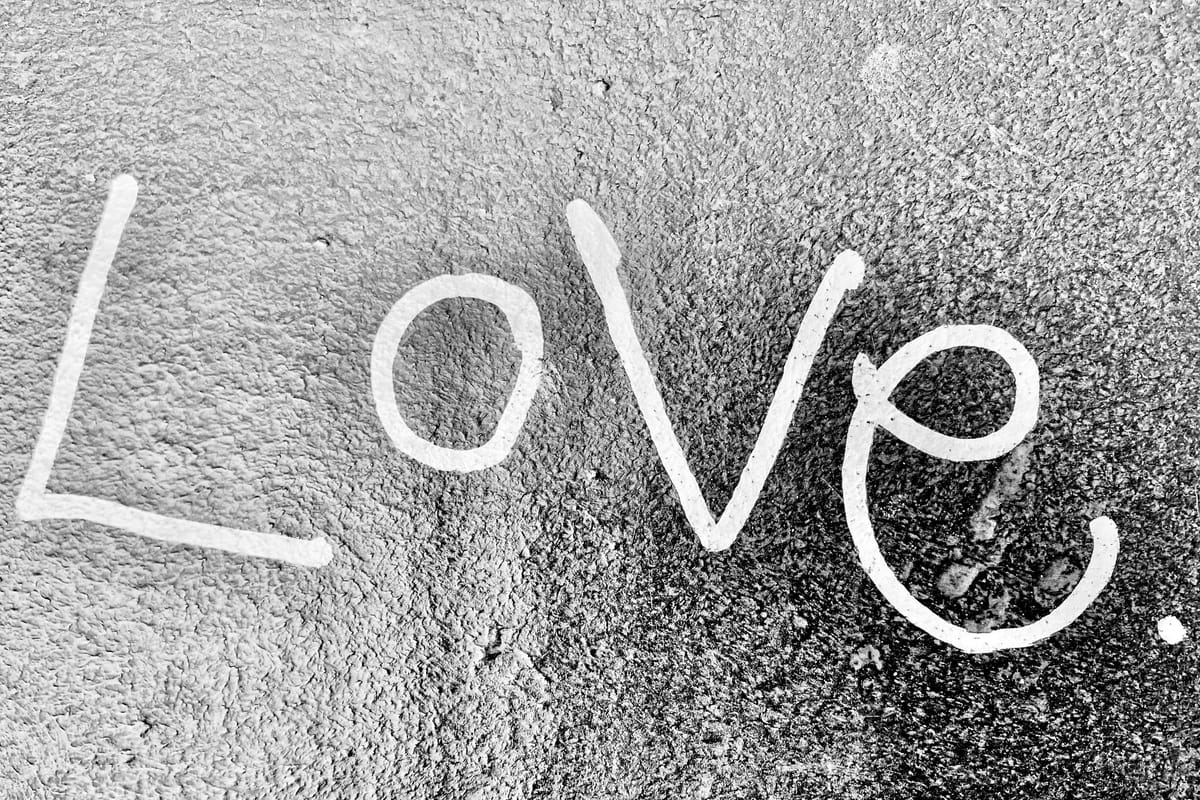"Alone, adj.: In bad company." - Ambrose Bierce, "The Devil's Dictionary"
In an era where social connectivity is often fetishized as a cornerstone of human well-being, the sting of loneliness often cuts deeper for those who find themselves in situations that Ambrose Bierce, the acerbic wit behind "The Devil’s Dictionary," might describe as being "alone, adj

In an era where social connectivity is often fetishized as a cornerstone of human well-being, the sting of loneliness often cuts deeper for those who find themselves in situations that Ambrose Bierce, the acerbic wit behind "The Devil’s Dictionary," might describe as being "alone, adj.: In bad company." This insightful definition, though originally penned in the late 19th century, resonates with unsettling precision in the contemporary landscape, where an increasing number of individuals report feeling isolated despite being constantly surrounded by people—often due to the quality, rather than the quantity, of their relationships.
Modern research suggests that the negative impact of being in "bad company"—whether in romantic partnerships, professional environments, or social circles—can be as detrimental to mental health as outright solitude. A study published in the Journal of Personality and Social Psychology found that individuals in strained or abusive relationships often exhibit higher levels of chronic stress, anxiety, and depression than those who are unpartnered or have fewer social ties. This phenomenon underscores Bierce’s paradoxical definition: one can indeed be profoundly alone, not for lack of human presence, but because the company they keep is emotionally, psychologically, or even physically harmful.
The digital age has further complicated this dynamic, as social media platforms create illusions of connection that can exacerbate feelings of isolation. A 2023 survey by the Pew Research Center revealed that over half of adults report feeling lonely "some of the time," even as the average person maintains a network of hundreds of acquaintances online. This disparity suggests that superficial interactions—much like the "bad company" Bierce critiques—fail to provide the depth of support and belonging that combats true loneliness.
Experts in psychology propose that the need for meaningful connection is a fundamental human drive, one that cannot be satiated by transactional or toxic relationships. Dr. Tina Tessina, a psychotherapist specializing in attachment theory, notes: "Loneliness isn’t just about being alone—it’s about the lack of shared emotional experience. When someone is in bad company, they might as well be alone because the relationship doesn’t meet their core needs for safety, validation, or belonging."
The cultural tendency to stigmatize solitude further compels many to remain in unhealthy dynamics out of fear of being "alone," when in reality, Bierce’s dictionary entry implies, they may already be so in all but the physical sense. This misconception has serious public health implications: a meta-analysis in Perspectives on Psychological Science found that both loneliness and poor social connections are equivalent to smoking 15 cigarettes a day in terms of health risk.
Ultimately, the distinction between being alone and being in "bad company" challenges societal assumptions about the nature of connection. As philosopher Jean-Paul Sartre once wrote, "Hell is other people," a sentiment that echoes Bierce’s wit but also underscores the existential burden of misplaced dependence. In a world where loneliness is often seen as a moral failing, the inverse—that some relationships are forms of isolation, rather than their remedy—deserves equal consideration. Only by recognizing this can individuals begin to seek the quality of connection that fosters true belonging, rather than settling for the empty presence of others.


